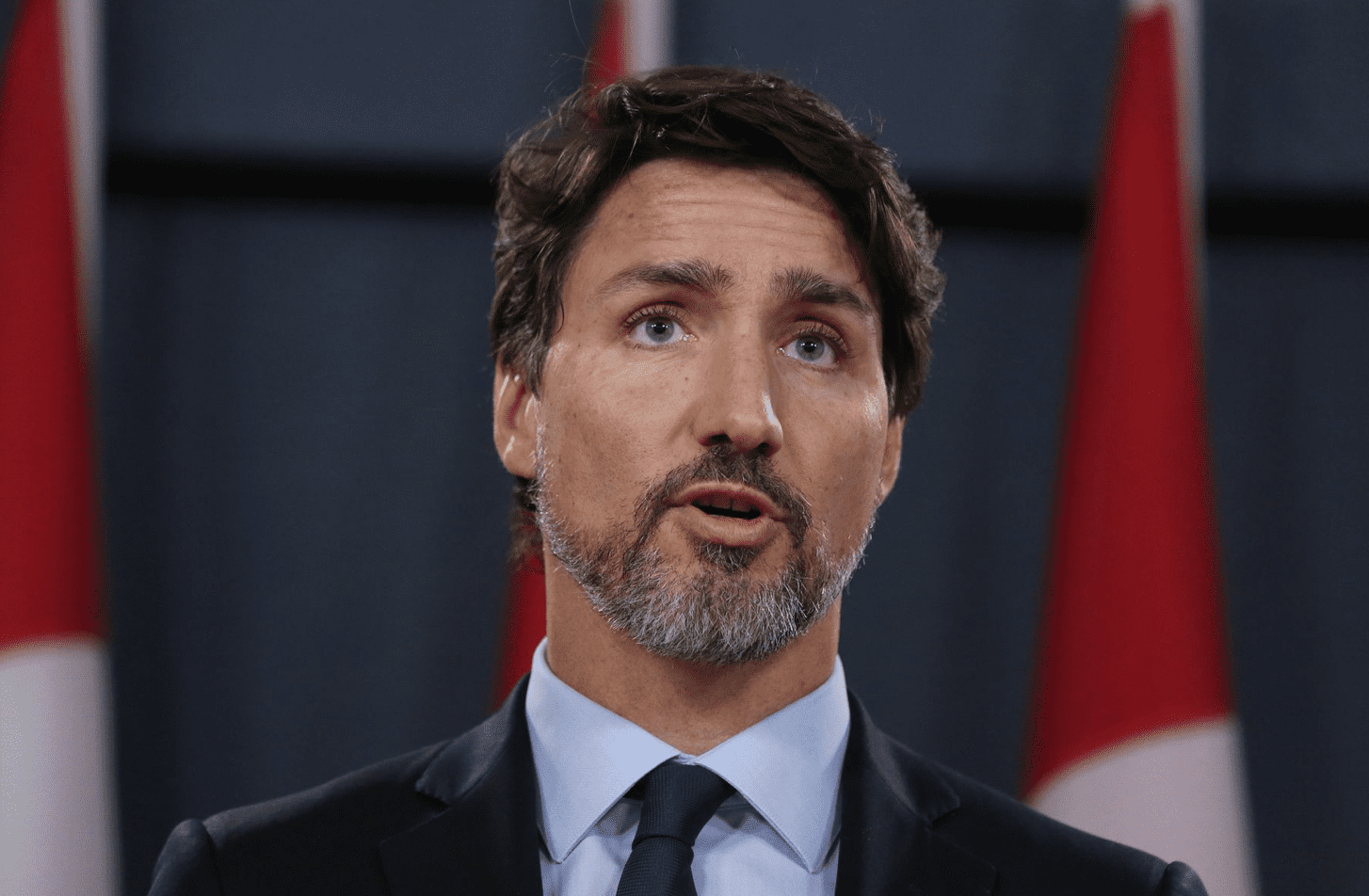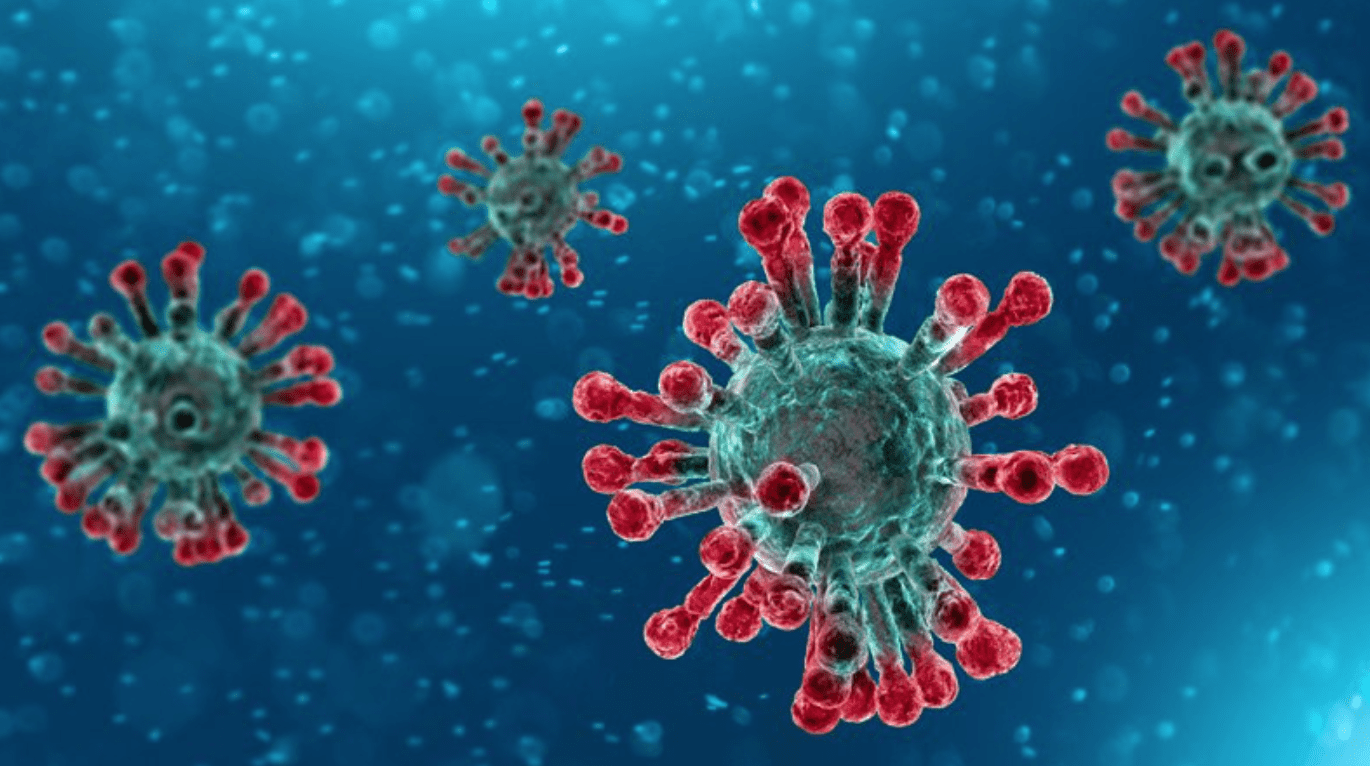This content is restricted to subscribers

The views, opinions and positions expressed by columnists and contributors are the author’s alone. They do not inherently or expressly reflect the views, opinions and/or positions of our publication.

This content is restricted to subscribers
The views, opinions and positions expressed by columnists and contributors are the author’s alone. They do not inherently or expressly reflect the views, opinions and/or positions of our publication.

The biggest problem Canada will face, in coming weeks, isn't the protests.
Rail lines and highways and intersections will continue to be blocked, yes. Fury, on both sides of the barricades, will continue to rise, sure.
Reckless, foolish men will actually play chicken with oncoming locomotives. Burning tires will be thrown beneath running trains, risking explosions and death. Those are the sorts of things we have seen, and will continue to see.
But the greatest danger we face can't be seen. And COVID-19, the coronavirus, can't be. It is an invisible killer hanging in the air, lingering on a door knob.
More than 80,000 people have been infected with it, and it has spread to 30 countries. There have been nearly 3,000 deaths, mainly in China. Most are elderly, with health issues.
But it is believed to be twenty times more deadly than the flu, which every year kills about 400,000 people globally. Unlike the flu, there is no vaccine. So, that suggests COVID-19 may kill as many as eight million people. Eight million.
Some experts suggest the fatality rate could three times that.
That also means the virus will affect each of us in some way, perhaps in an awful way. As the CDC stated yesterday, it is coming towards us. It is not a question of if, but when.
COVID-19 is a bigger story than the barricades, or anything else you can think of. And crises can have a profound effect on voters.
Remember when Hurricane Sandy helped return Barack Obama to the White House and that iconic shot of the president hugging a tearful New Jersey marina owner? But extreme events can terminate political careers, as well. In era where climate change is both dramatic and undeniable, and flooding and wildfires have become almost commonplace, opposition politicians tend to all but disappear.
So too when there are acts of terror which have become a daily occurrence (globally) or a factor in daily life (domestically). The murders of Canadian Armed Forces members Nathan Cirillo and Patrice Vincent by jihadists in 2014 had a profound effect on our politics. As happened post-9/11, terrorism can often propel the electorate into the waiting arms of those offering simplistic, bumper-sticker solutions.
With coronavirus, the political fallout is still unknown. But the outlines of this global health crisis are becoming easier to see.
Below is a summary of what many experts are saying out loud, It's what they think is now possible, or likely.
People are going to start working from home, whether they want to or not. Many sick people will be quarantined at home, because hospitals won't be able to accommodate them.
Hospitals, already overwhelmed by the flu and daily life, will get worse. Some doctors and nurses may get sick; some may even die, as happened with SARS, and as has happened in China.
Many schools are going to close. Public places arenas, theatres, libraries, restaurants, places of worship are going to be shuttered.
Some businesses, already struggling, are going to be in big trouble. Some of those are going to simply disappear. Markets will continue to fall. Global recession is possible, or even likely.
Some borders will become harder or impossible to cross. Travel and tourism will slow or stop. Airlines will continue to cancel flights to and from some countries.
A few people will panic. There will be hoarding in some places, there will be shortages of some of the necessities of life.
And: political careers will rise and fall. Some will inspire us in what lies ahead. Some will be revealed to be cowards, and incompetent. But we are going to learn things about our leaders, and ourselves, in the weeks and months ahead.
The barricades are simply the warm-up act to what is coming. COVID-19 is the main event, and it increasingly feels like it is going to be an absolute monster.
Invisible or not.
Photo Credit: Greek Reporter
The views, opinions and positions expressed by columnists and contributors are the author’s alone. They do not inherently or expressly reflect the views, opinions and/or positions of our publication.